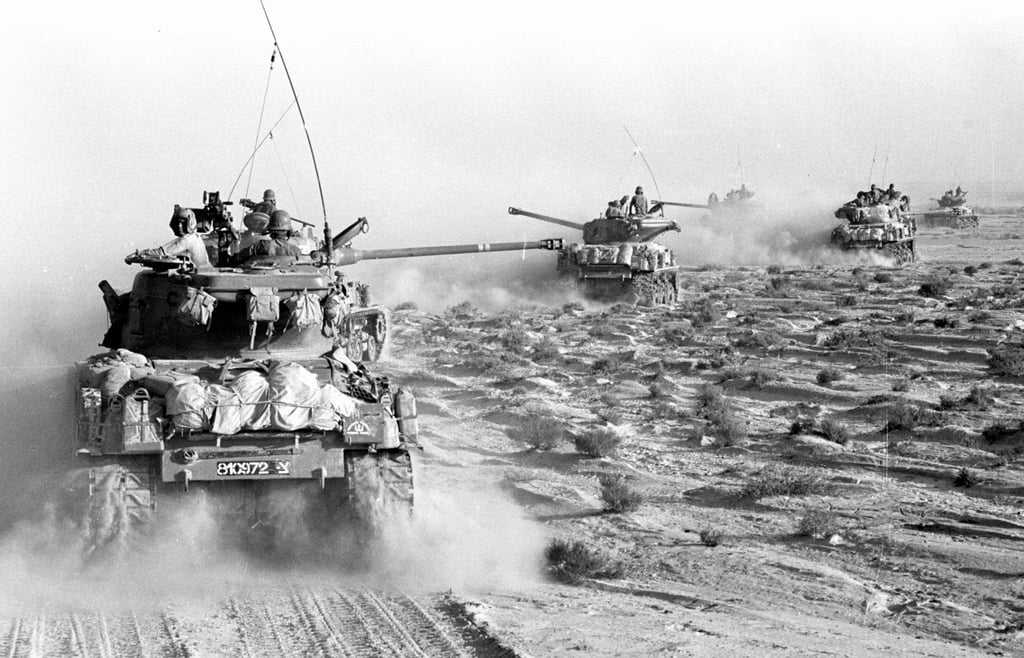Opinion | Is it time to rename the ‘Arab-Israeli conflict’ to reflect its wider scope?
The decades-long conflict now involves more than just the Arab nations and Israel, encompassing the US, Turkey and Iran, among others

How it all began
The Arab-Israeli conflict began after the collapse of the Ottoman Empire in 1922. In what is now Israel and the occupied Palestinian territories, but was then the Palestine mandate under British rule, sporadic disputes over land ownership led to violence between the Jewish and Palestinian Arab communities.
When Israel declared independence in 1948, the conflict expanded into an interstate war between Israel and several Arab countries – Egypt, Jordan, Iraq, Lebanon and Syria. Hence it was named the Arab-Israeli War by the media and political leaders at the time.
This name continued to be accurate for several decades as the conflict remained geopolitically and geographically confined to the Arab countries and Israel.

After the initial 1948 war, the unresolved conflict resulted in several other wars between Israel and Arab countries. Some oil-exporting Arab countries, such as Saudi Arabia and Kuwait, also became indirectly involved by providing financial support for the front-line Arab states and declared oil embargoes against the West during the 1967 and 1973 wars.
